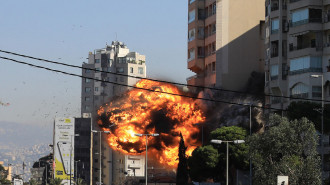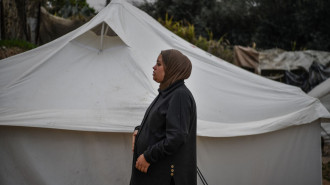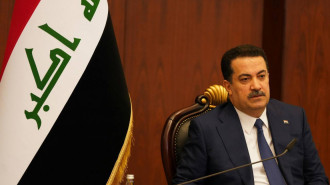Syria 'top priority' for new UN chief Antonio Guterres
Antonio Guterres will take the reins at the United Nations on Sunday hoping to breathe new life into the world body, in the wake of its impotence over Syria's humanitarian catastrophe.
The Portuguese former prime minister, 67, will become the first one-time head of government to lead the UN, succeeding South Korea's Ban Ki-moon for a five-year term.
Guterres faces a huge task grappling with complex crises in Syria, South Sudan, Yemen and elsewhere, as well as overseeing a bitterly divided Security Council.
Donald Trump's arrival in the White House on 20 January will likely further complicate his task.
Guterres fought for refugees' rights as the UN High Commissioner for Refugees from June 2005 to December 2015.
He served as prime minister of Portugal from 1995 to 2002, anchoring his country to the European Union and working to raise living standards.
He has laid out three priorities for change: working for peace, supporting sustainable development and improving internal UN management.
One issue looms above the others, as the UN has looked on helplessly as the Syrian army laid siege to the rebel stronghold of Aleppo, backed by Russia and Iran.
Their sole concession to the UN was to allow a small handful of observers to follow the evacuation of thousands of civilians.
"My deepest regret on leaving office is the continuing nightmare in Syria," Ban recently declared.
During almost six years of war, Russia has protected its Syrian ally from Western pressure by using its veto in the Security Council to torpedo resolutions over the conflict six times.
Guterres inherits the portfolio with Moscow and Ankara spearheading a nationwide ceasefire effort.
Russia is pushing a political solution to the crisis that would hugely favour Syrian President Bashar al-Assad.
Western diplomats believe the incoming UN chief should put his own ideas on a settlement forward quickly, without binding himself to any formal peace plan.
For the time being, "he is keeping his cards close to the chest", one diplomat told AFP.
Vowing to "engage personally" in conflict resolution, Guterres has remained vague about his plans.
"We need more mediation, arbitration and preventive diplomacy," he has said.
However, Ban has already seen two Syria mediators come and go - Kofi Annan and Lakhdar Brahimi - before appointing Staffan de Mistura, who has appeared exasperated over the UN's powerlessness over the conflict.
Meanwhile Trump's impending presidency is likely to have an impact at the UN.
The Republican billionaire has shown mistrust and even a degree of contempt toward the UN, causing concern given he is the future leader of the body's main donor, which contributes 22 percent of its budget.
It is also unclear what effect a US-Russia rapprochement - something Trump advocates - would have on the Security Council.
Last week, Trump sought in vain to prevent the council from adopting a resolution denouncing Israeli settlement building in the West Bank, after which he tweeted: "As to the UN, things will be different after 20 January."







 Follow the Middle East's top stories in English at The New Arab on Google News
Follow the Middle East's top stories in English at The New Arab on Google News


